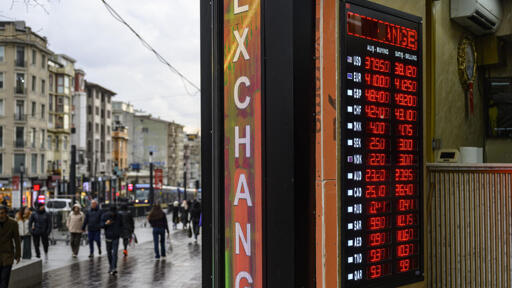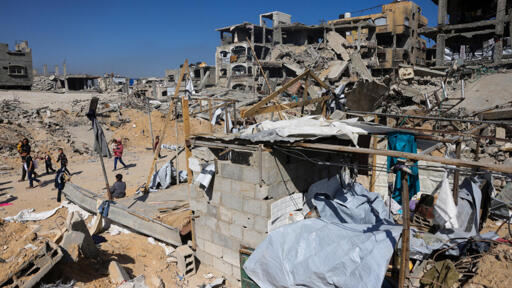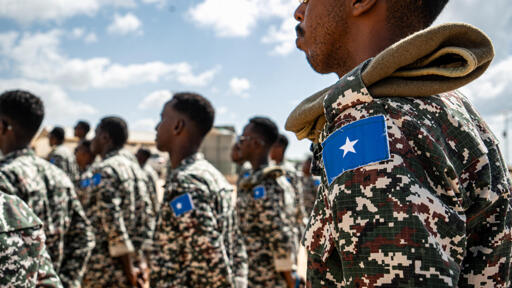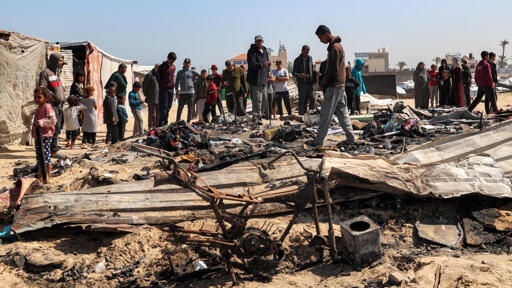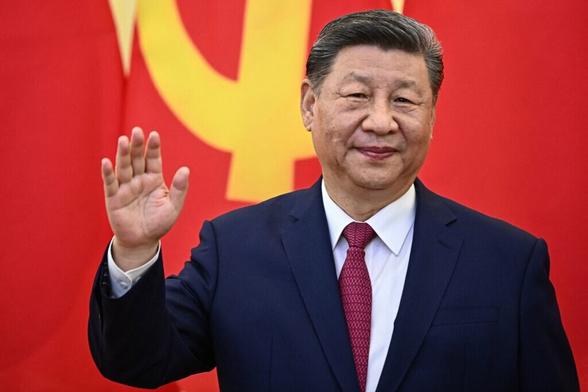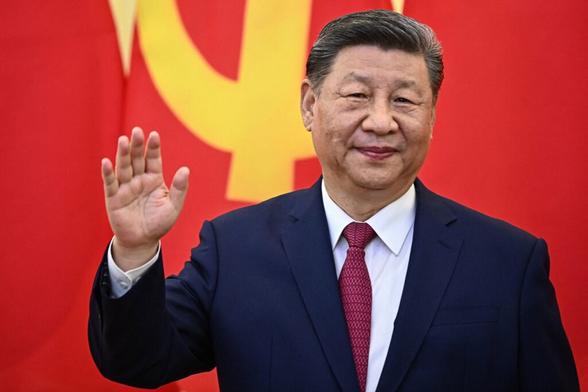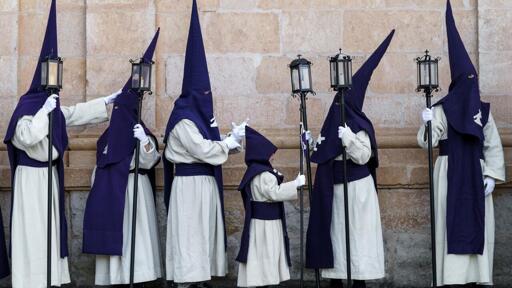Libyans grapple with fresh currency devaluation
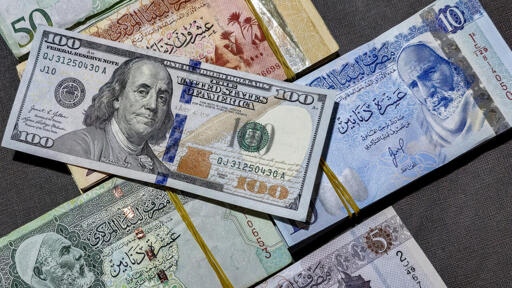
Libyans grapple with fresh currency devaluation - sh.itjust.works
> Tripoli (AFP) – Already worn down by years of political turmoil and economic hardships, Libyans are now facing a sharp deterioration in their purchasing power after a sudden devaluation of the Libyan dinar. > Experts have said the national currency’s exchange rate decline came as a consequence of ballooning public expenditures by the country’s rival governments in recent years. >Libya has Africa’s most abundant hydrocarbon reserves, but it is struggling to recover from years of conflict after the 2011 NATO-backed uprising that overthrew longtime dictator Moamer Kadhafi. >It is currently divided between a UN-recognised government in the capital Tripoli and a rival administration in the east backed by general Khalifa Haftar, with the division exacerbating the country’s economic woes. >The Libyan central bank earlier this month devalued the dinar by 13.3 percent, the second such move in five years. >The exchange rate went up to 5.56 dinars to the US dollar from 4.48 – while on the black market it jumped to 7.80 dinars to the US dollar from 6.90. >The impact was immediate, with small business owners and wholesale traders, who rely heavily on the parallel market to obtain foreign currency for imports, seeing their costs surge. >“The currency keeps going down,” said Karim Achraf, a 27-year-old engineer and father of three living in the capital, Tripoli. >“It has become hard to keep up with our needs for food, medicine, transportation, education and bills,” he said. >“We can’t trust our governments with our economy and safety.” >Despite its vast oil reserves, output remains below pre-2011 levels and the country lacks a robust industrial and agricultural sector. >It is almost entirely dependent on imported food, medical supplies and consumer goods, with oil exports its main source of revenue. >The United Nations Support Mission in Libya (UNSMIL) has expressed alarm following the sudden devaluation, urging both administrations to take “urgent measures to stabilise the national economy”. >“Swift action is essential to reduce the negative impact on the Libyan people, including rising costs of living, declining purchasing power and the erosion of public trust in state institutions and leaders,” it said in a statement. >In Tripoli, dozens of protesters recently gathered outside the central bank headquarters to voice their anger. >But while much of the criticism has been aimed at the bank, some believe it is unfairly blamed for problems stemming from political deadlock and fiscal mismanagement. >Mahmoud El-Tijani, a Libyan economist, said the central bank was “a victim of the executive branch’s failure and division”. >He said it was “forced to make the decision to protect what remained of the dinar’s strength”. >Amid falling oil revenues, the devaluation of the dinar was used as a “last-chance measure to avoid bankruptcy and external debt”, he added. >Libya’s institutions, including its central bank, have for a decade found themselves caught between the rival governments. >Until 2023, the bank was split in two, with an internationally recognised headquarters in the capital and another in the east, with each printing bills signed off by their respective governors. >Last year, the then-governor of the bank fled amid violent tensions surrounding the institution, with the United Nations stepping in to broker a deal for a new governor to be appointed. >Jalel Harchaoui, a senior fellow at the London-based Royal United Services Institute, said the central bank was “simply confronting the inevitable consequences of the political choices made by Libya’s ruling factions”. >“These enormous expenditures are highly political, arbitrary, and unsustainable,” he said. >“They are not decided by the central bank, which is a technocratic institution without the military or sociopolitical clout of Libya’s leaders.” >“Blaming the central bank is pure populism,” Harchaoui added, describing the bank as “a scapegoat”. >Anwar al-Turki, a banker in Tripoli, said the central bank was being “mistreated” by political leaders who had authorised “the highest public spending in modern Libyan history”. >He said the decision makers had little regard for “good governance, financial compliance, or anti-corruption”.
